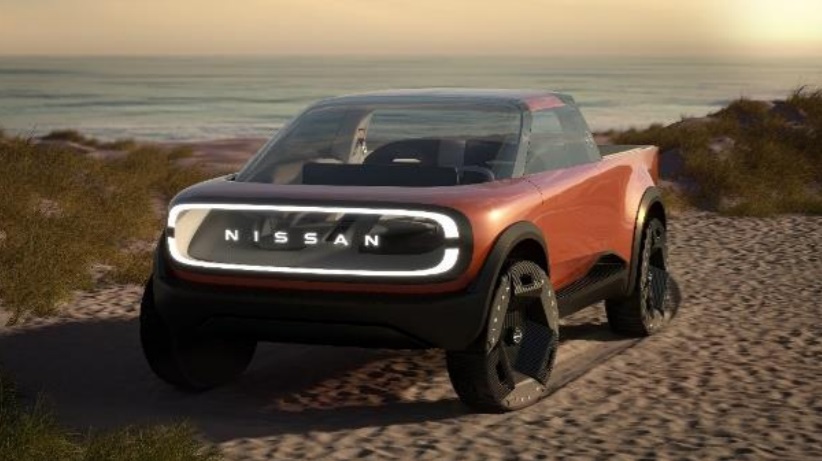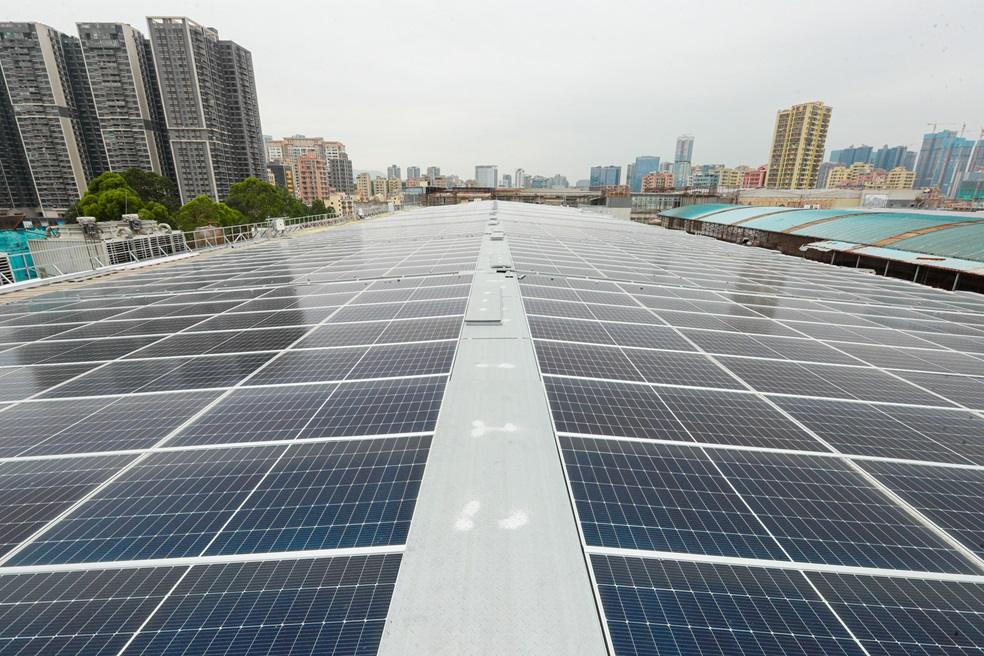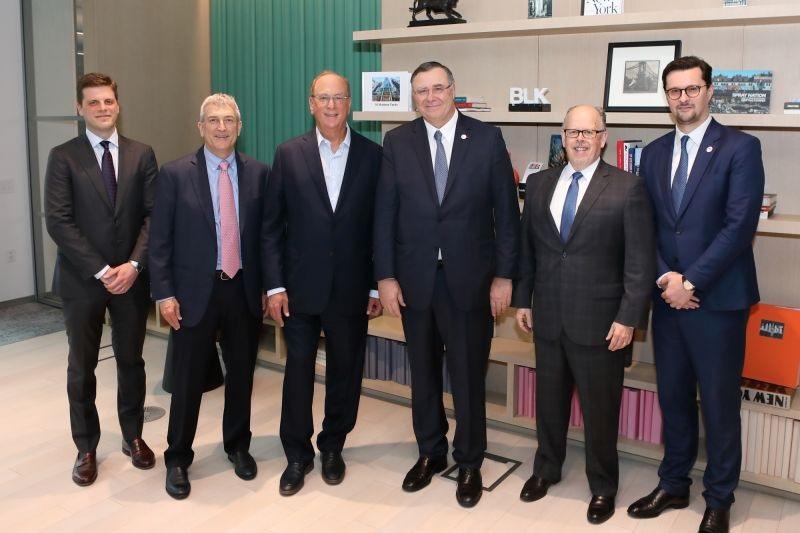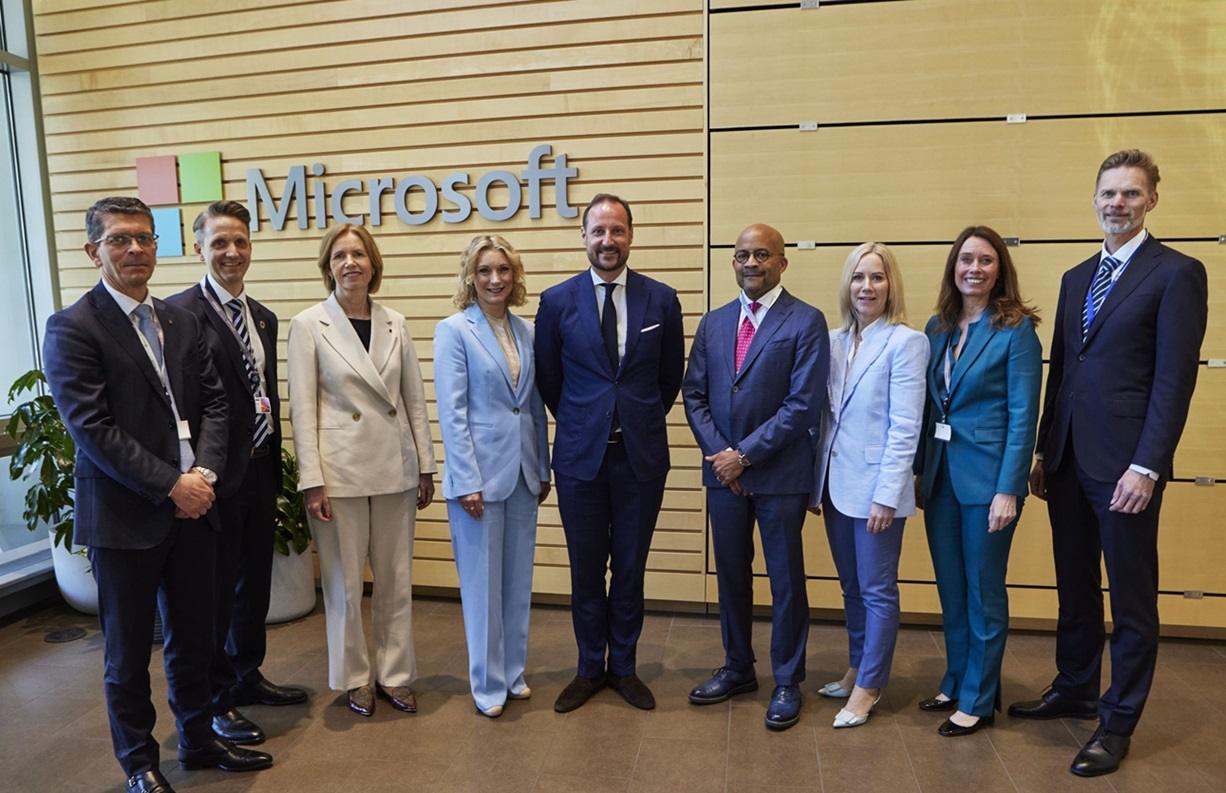Nissan Puts Electrification at Core of Strategy with $18 Billion Investment Plan
Aims to bring down battery cost 65% by 2028
Nissan announced the launch of its Ambition 2030 Vision on Monday, placing vehicle electrification at the core of its new long-term strategy, with plans for 2 trillion yen (nearly $18 billion) of investments over the next five years, focused on building out its EV lineup and technology innovation.
According to Nissan, the new strategy supports the company’s long-term goal, unveiled earlier this year, to achieve carbon neutrality across the life cycle of its products by 2050.
Nissan CEO Makoto Uchida said:
“The role of companies to address societal needs is increasingly heightened. With Nissan Ambition 2030, we will drive the new age of electrification, advance technologies to reduce carbon footprint and pursue new business opportunities. We want to transform Nissan to become a sustainable company that is truly needed by customers and society.”
The announcements come as global automakers appear poised to dramatically increase investment into the global electric vehicle segment. In September, Ford announced plans to invest billions in new EV and battery plants, GM has committed to invest $35 billion in its EV and AV businesses through 2025, and Stellantis has outlined plans to invest over €30 billion through 2025 in electrification and software development.
Nissan outlined some of the key areas of focus for its electrification push, including the development of high volume, low cost battery production, significant expansion of its EV lineup and the establishment of localized manufacturing and sourcing.
On the battery front, Nissan stated that it aims to bring down costs by 65% by 2028. The company plans to launch proprietary all-solid-state batteries (ASSB) by 2028, featuring a two thirds reduction in charging time, and a battery pack cost of $75 per kWh, with plans to further reduce cost to $65 per kWh in the future in order to achieve parity with gasoline vehicles. Nissan aims to increase global battery production capacity to 52 GWh by 2026, and 130 GWh by 2030.
Aiming to ramp its electrification mix to 50% globally across the Nissan and INFINITI brands by 2030, the company said that it will introduce 23 new electrified models, including 15 new EVs by that year. By 2026, Nissan intends to grow its electrification sales mix to more than 75% of sales in Europe, 55% in Japan and 40% in China. In the US, the company aims to reach a 40% electrification mix by 2030.
In order to help make EVs more competitive, the company announced moves to localize manufacturing and sourcing, including expanding its EV Hub concept, EV36Zero, which was launched in the UK, to markets including Japan, China and the U.S. Nissan will also expand its battery refurbishing facilities beyond Japan, with locations planned for Europe in 2022 and the US in 2025.
Nissan COO Ashwani Gupta said:
“We are proud of our long track record of innovation, and of our role in delivering the EV revolution. With our new ambition, we continue to take the lead in accelerating the natural shift to EVs by creating customer pull through an attractive proposition by driving excitement, enabling adoption and creating a cleaner world.”





